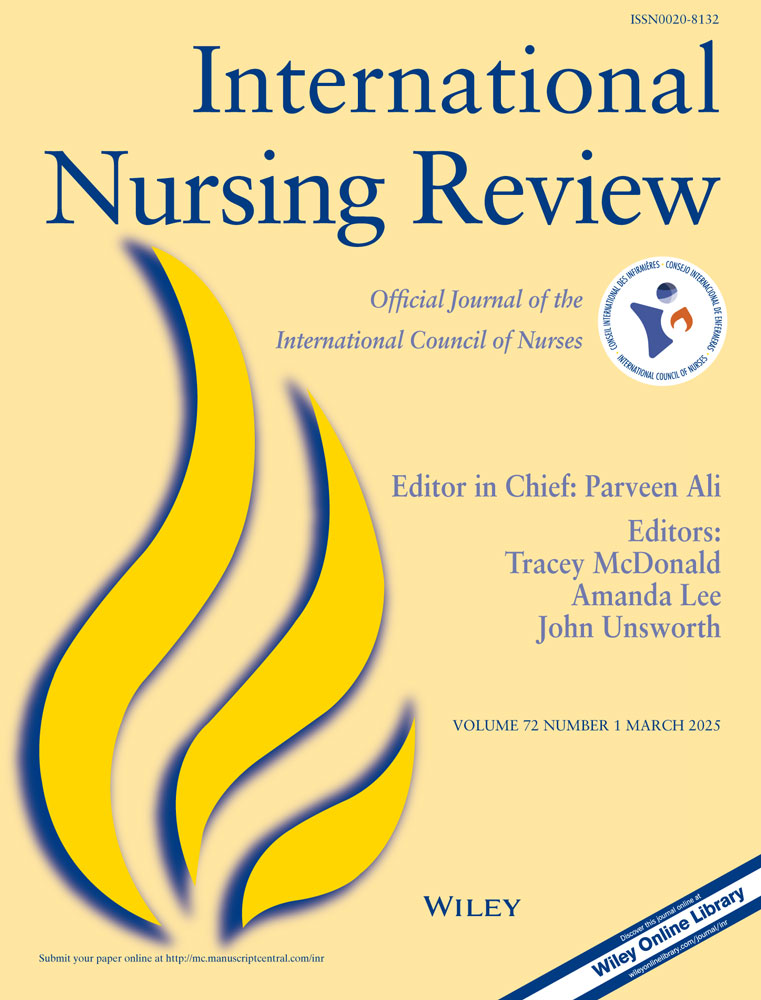Career adaptability among new oncology nurses: A longitudinal exploration
Man Liu, Lu Liu and Zhuoheng Lv authors share first authorship of this article.
Abstract
Aim
This study aims to explore the longitudinal predictive effect of self-awareness on career adaptability in new nurses at a tumor specialty hospital and the mediating mechanisms of work readiness and transition shock.
Background
Career adaptability is crucial for the personal development of nurses and also intricately linked to the retention rates among newcomers in oncology nursing. Inadequate career adaptability contributes to higher turnover, which in turn exacerbates the shortage of qualified nursing personnel in this field. There is a pressing need for dedicated research and interventions that support new nurses, especially in specialized areas like oncology, to promote their well-being and career advancement. Comprehending these challenges is essential for devising effective strategies that will retain nursing talent and ensure the sustainability of a robust healthcare workforce.
Methods
Longitudinal data from four follow-up surveys were collected from 248 new clinical nurses at the National Cancer Center/National Clinical Research Center for Cancer/Cancer Hospital, Chinese Academy of Medical Sciences, and Peking Union Medical College. Mediation analyses using R 4.1.2 were conducted to examine the pathways between self-awareness, work readiness, transition shock, and career adaptability.
Conclusions
Self-awareness not only directly predicts career adaptability but also influences it through the bidirectional and chained mediating pathways of work readiness and transition shock.
Implications for nursing and health policy
These findings equip nursing managers with flexible strategies to foster and enhance nurses' career adaptability, providing targeted support as nurses assimilate into their clinical roles. This not only strengthens workforce stability but also mitigates turnover, ultimately reinforcing the healthcare workforce.
CONFLICT OF INTEREST STATEMENT
The authors have no relevant financial or nonfinancial interests to disclose.
Open Research
DATA AVAILABILITY STATEMENT
Data are available on request from the corresponding author.




